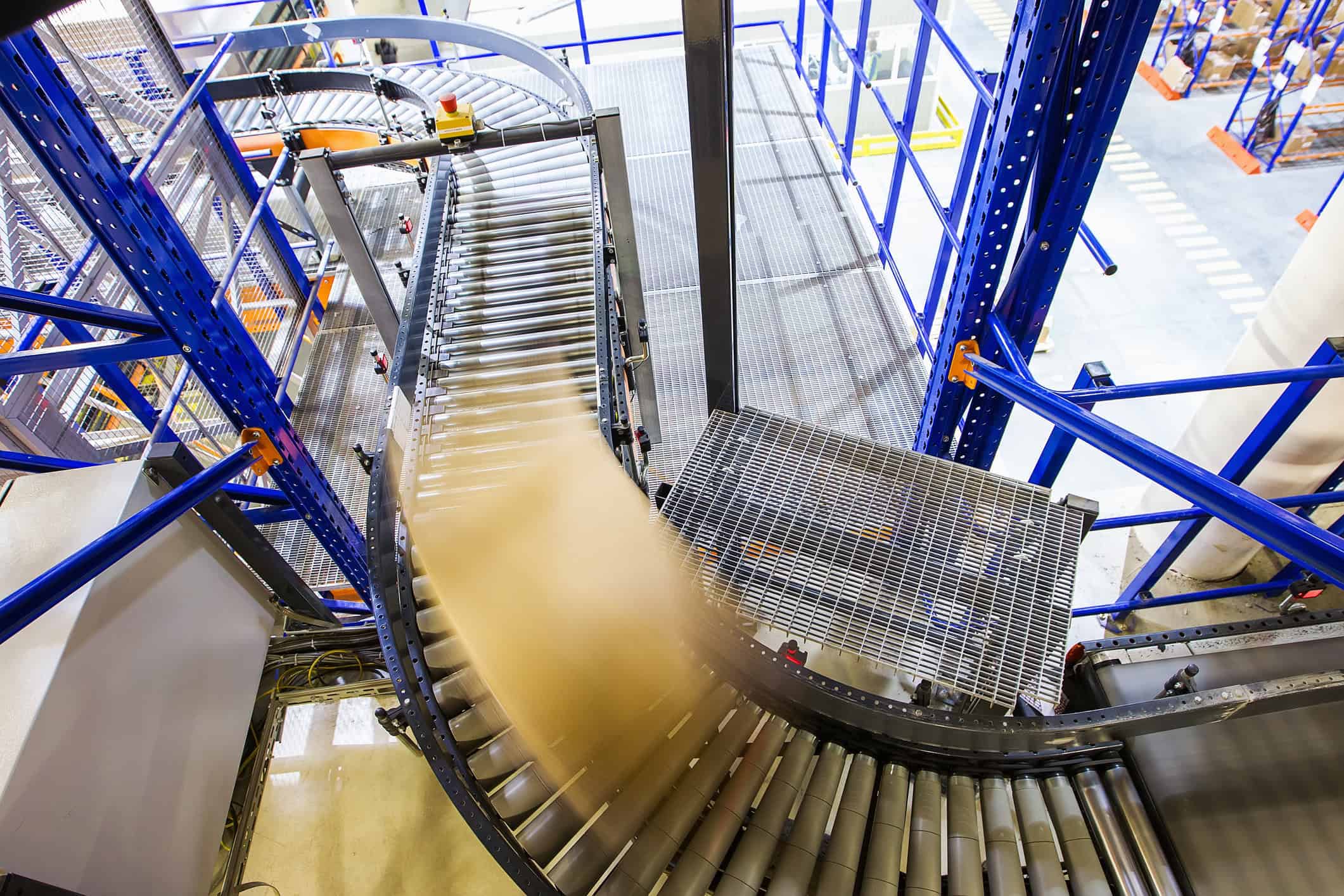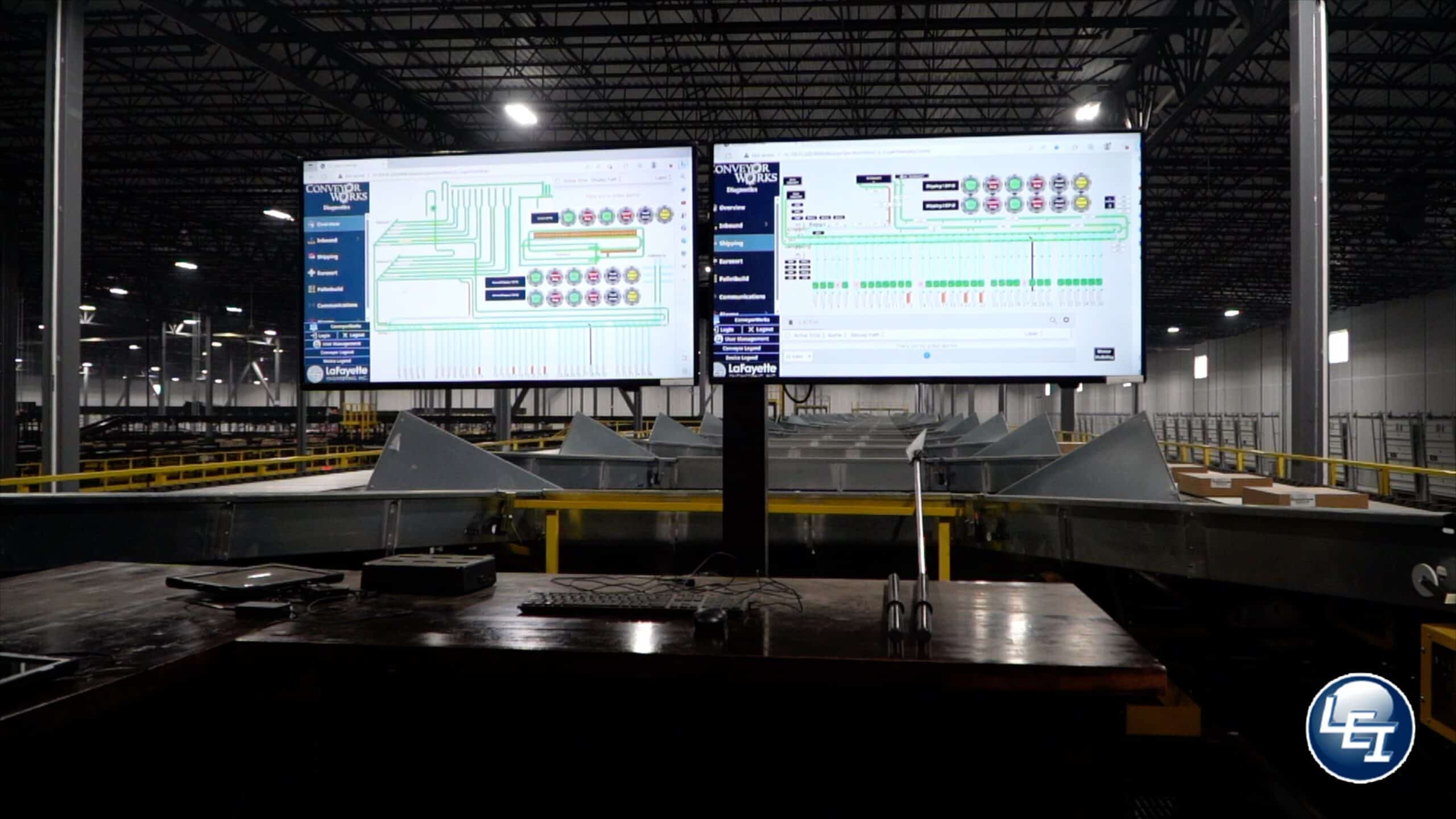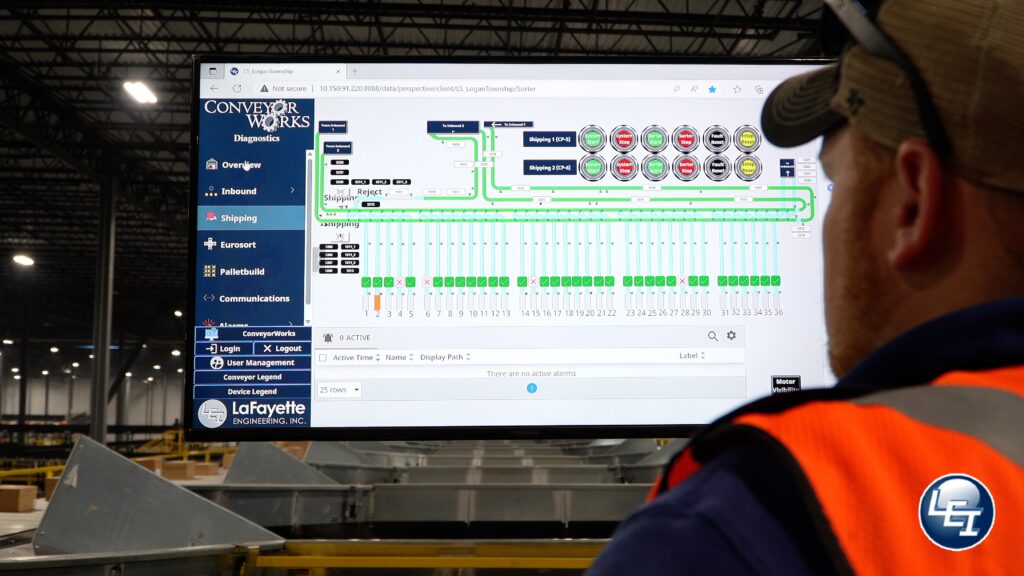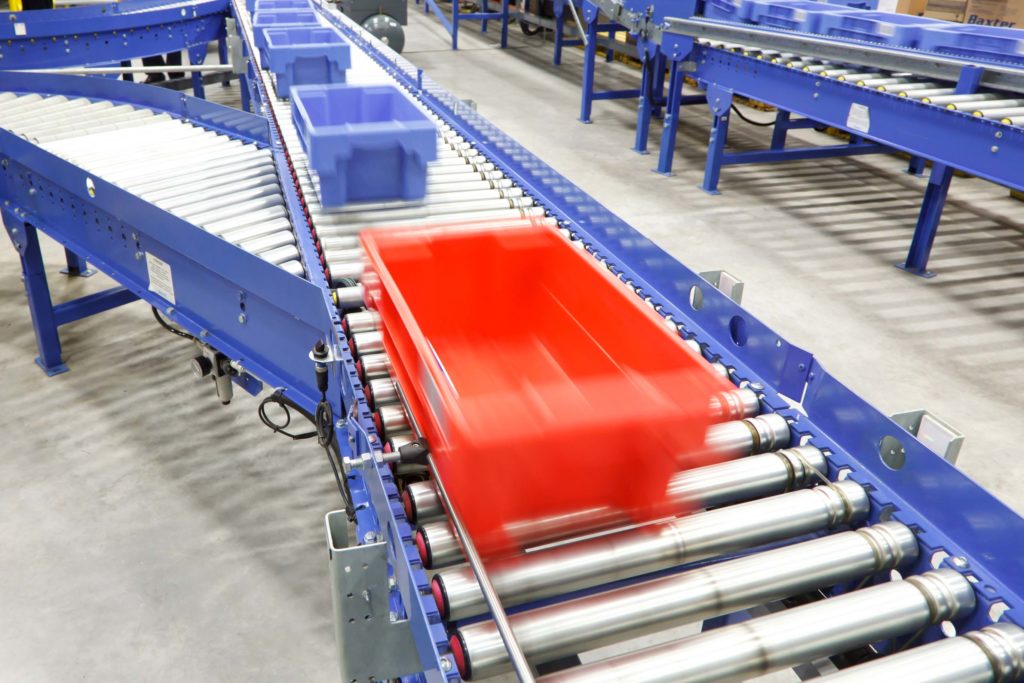Table of Contents
When it comes to finding a reliable and innovative conveyor company in the USA, Lafayette Engineering stands out as a leader in the industry. With a proven track record of success, a wide range of products, and unparalleled service, Lafayette Engineering has established itself as a premier conveyor company in the USA. Here are ten reasons why Lafayette Engineering is the best choice for all your conveyor needs.
1. Extensive Product Range
Lafayette Engineering offers a comprehensive array of conveyor systems designed to meet various industrial needs. Their product line includes everything from simple conveyor belts to complex automated systems. Whether you need a solution for material handling, product sorting, or palletizing, this conveyor company in the USA has you covered. Their products are designed to enhance efficiency and productivity, ensuring that your operations run smoothly.
2. Customized Solutions
Every business has unique requirements, and Lafayette Engineering excels at providing customized solutions to meet those needs. As a leading conveyor company in the USA, they work closely with clients to understand their specific challenges and develop tailored systems that deliver optimal performance. This personalized approach ensures that you get a conveyor system that fits perfectly with your operational processes.
3. Innovative Technology
Innovation is at the core of Lafayette Engineering’s success. They continuously invest in research and development to bring the latest technological advancements to their conveyor systems. By integrating cutting-edge technology, this conveyor company in the USA ensures that their systems are not only efficient but also future-proof. Their commitment to innovation helps businesses stay ahead of the competition.

4. Exceptional Customer Service
Lafayette Engineering prides itself on delivering exceptional customer service. From the initial consultation to after-sales support, their team of experts is dedicated to providing the best possible experience for their clients. As a conveyor company in the USA that values long-term relationships, they go the extra mile to ensure customer satisfaction. Their support services include maintenance, troubleshooting, and system upgrades, ensuring that your conveyor systems operate at peak performance.
5. Proven Track Record
With years of experience in the industry, Lafayette Engineering has built a solid reputation for reliability and excellence. Their success stories speak volumes about their capabilities as a conveyor company in the USA. From small businesses to large enterprises, they have successfully implemented conveyor systems that have transformed operations and improved efficiency. Their proven track record is a testament to their expertise and commitment to quality.
6. Comprehensive Services as a Conveyor Company in the USA
Lafayette Engineering offers a wide range of services that go beyond just providing conveyor systems. Their services include system design, installation, project management, and training. This full-service approach ensures that every aspect of your conveyor project is handled professionally and efficiently. As a conveyor company in the USA, they are dedicated to making the entire process seamless and hassle-free for their clients.
7. Focus on Safety
Safety is a top priority for Lafayette Engineering. They design their conveyor systems with the highest safety standards in mind to protect both employees and equipment. This conveyor company in the USA implements safety features such as emergency stop buttons, guardrails, and automated shut-off systems. By prioritizing safety, they help businesses minimize risks and create a safer working environment.
8. Sustainable Practices
In today’s world, sustainability is more important than ever. Lafayette Engineering is committed to incorporating sustainable practices into their operations. As a responsible conveyor company in the USA, they strive to reduce their environmental impact through energy-efficient designs and eco-friendly materials. Their sustainable approach not only benefits the environment but also helps businesses achieve their green goals.
9. Industry Expertise
The team at Lafayette Engineering comprises highly skilled professionals with extensive industry expertise. Their knowledge and experience enable them to tackle even the most complex conveyor challenges. As a leading conveyor company in the USA, they stay up-to-date with the latest industry trends and best practices, ensuring that their clients receive the most advanced and effective solutions.
10. Success Stories
Lafayette Engineering’s success stories highlight their ability to deliver exceptional results. Their portfolio includes projects for various industries, demonstrating their versatility and capability as a conveyor company in the USA. These success stories showcase how their conveyor systems have enhanced productivity, reduced costs, and improved operational efficiency for their clients. By choosing Lafayette Engineering, you can be confident that you are partnering with a company that delivers on its promises.
Reasons to Choose Lafayette Engineering for Your Conveyor Needs
In summary, Lafayette Engineering is the best conveyor company in the USA for numerous reasons. Their extensive product range, customized solutions, innovative technology, exceptional customer service, and proven track record make them the ideal partner for all your conveyor needs. With a focus on safety, sustainability, and industry expertise, Lafayette Engineering stands out as a leader in the conveyor industry. Whether you are looking for a new conveyor system or need support for an existing one, Lafayette Engineering is the company to trust.
For more information about Lafayette Engineering’s products and services, visit our website at Lafayette Engineering and connect with us on LinkedIn. Experience the difference of working with the best conveyor company in the USA and take your operations to the next level with Lafayette Engineering!






